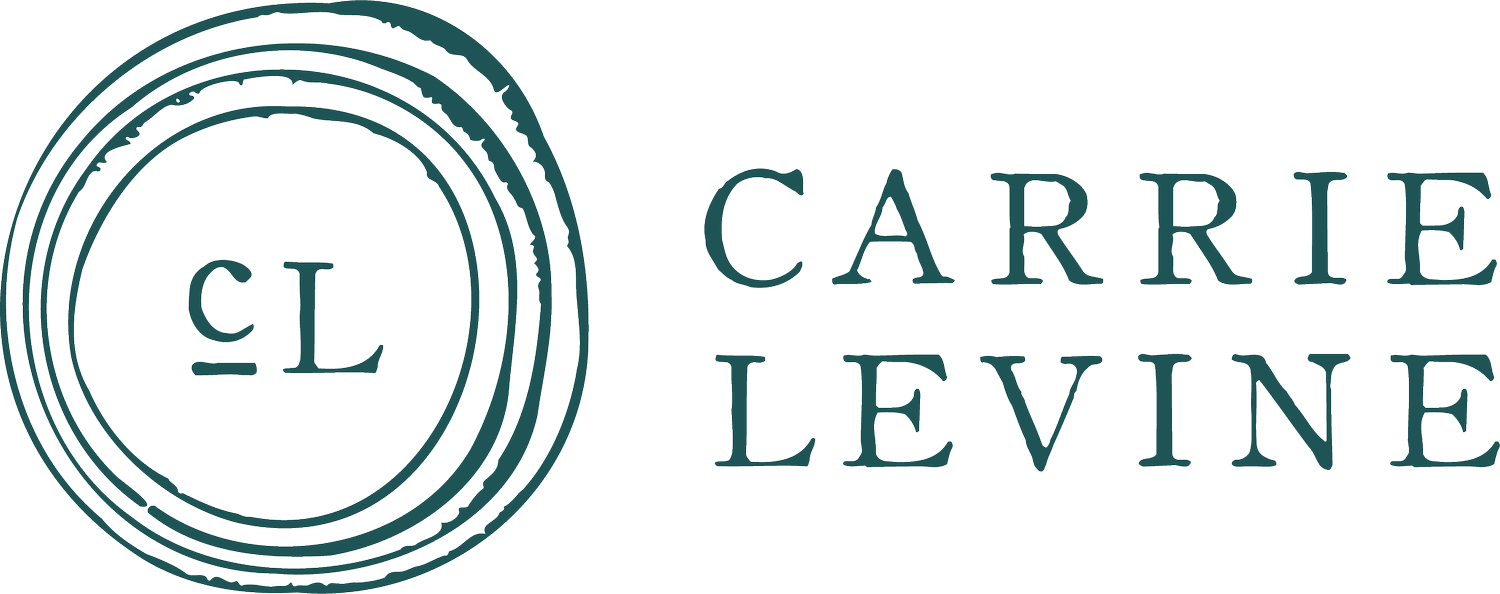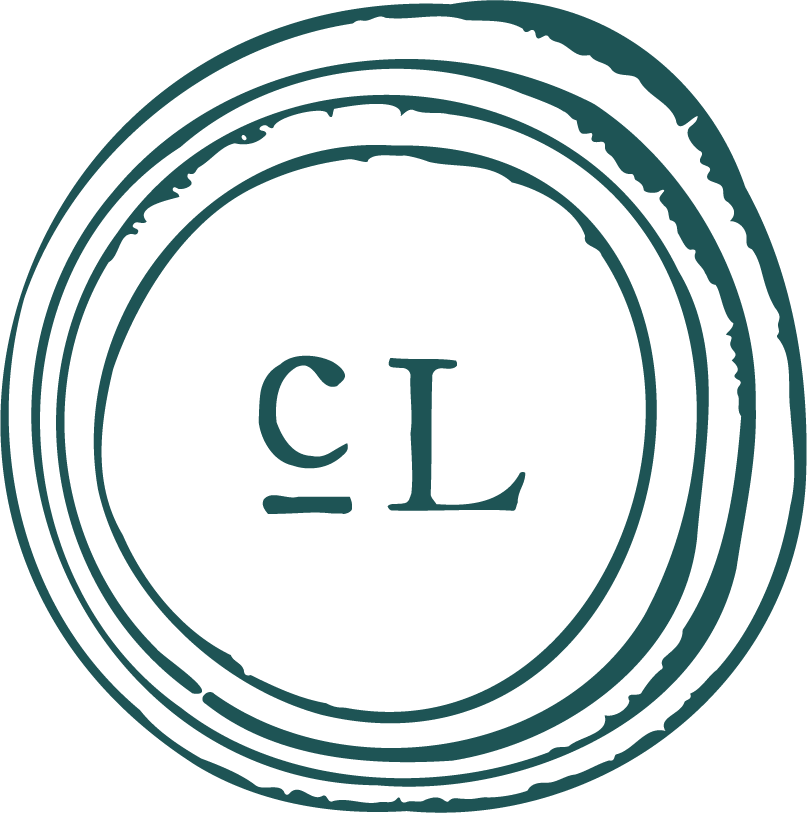I hate the term “self-care.”
I hate the term “self-care.” A quick Google search confirms I am not alone.
Maybe I hate the term because it is so overused in the self-help/healing world.
Maybe I hate the term because I think it suggests a certain selfishness or privilege, or because many of the people talking about it are selfish and privileged. And maybe I worry about being or sounding selfish and privileged myself.
Maybe I hate the term because people use it like it’s a status symbol. People will display a manicure, pedicure, or massage as examples of their self-care. As if they’ve achieved something for themselves that they’re not interested in sharing.
Just to be clear - I am all for women taking care of themselves.
Acts of self-care that genuinely build resilience of the mind and body - the actual purpose of self-care - are often inside jobs: gentleness with self and others, compassion for self and others, and acceptance of self and others,
I do like the whole oxygen-mask metaphor - the idea that we have to put our own oxygen mask on first before we can help others. We have to ensure our own survival so we are able to help others. But if self-care is its own end, what about the others around us?
This metaphor points to the peak of Maslow’s Hierarchy of Needs - transcendence. Ideally, we move beyond self-actualization, transcend ourselves, and serve others. Too often investments in sleep, movement, nutritious food, human connection, and relaxation are cast as contrary to the best interest of others, despite a magnitude of data suggesting otherwise.
Take sleep deprivation. When a woman is sleep deprived because she is a new mother, managing the stress of work, or riding the tumultuous mid-life wave of hormone shifting, she is typically short on patience, irritable, functioning sub-optimally either at home or at work, and often gaining weight. For these women, taking time to recover from lost sleep can afford a world of benefits - to her and the people around her.
How might our conversations be different if we use the language “building resiliency” as opposed to “self-care?” In my mind, it moves the benefit of the investment beyond the individual. The individual benefits, for sure, but the intention and the benefits don’t end there. Under the best of circumstances, the benefit is bestowed not only on the individual but also on the surrounding people. Under the best, best circumstances, all of humanity benefits. When we practice building resiliency whether it be through adequate sleep, good nutrition, regular movement, or finding good health care, we bring energy, patience, creativity, self-control, presence, vulnerability, and endurance to our interactions with others. This is the win-win humanity sorely needs.

